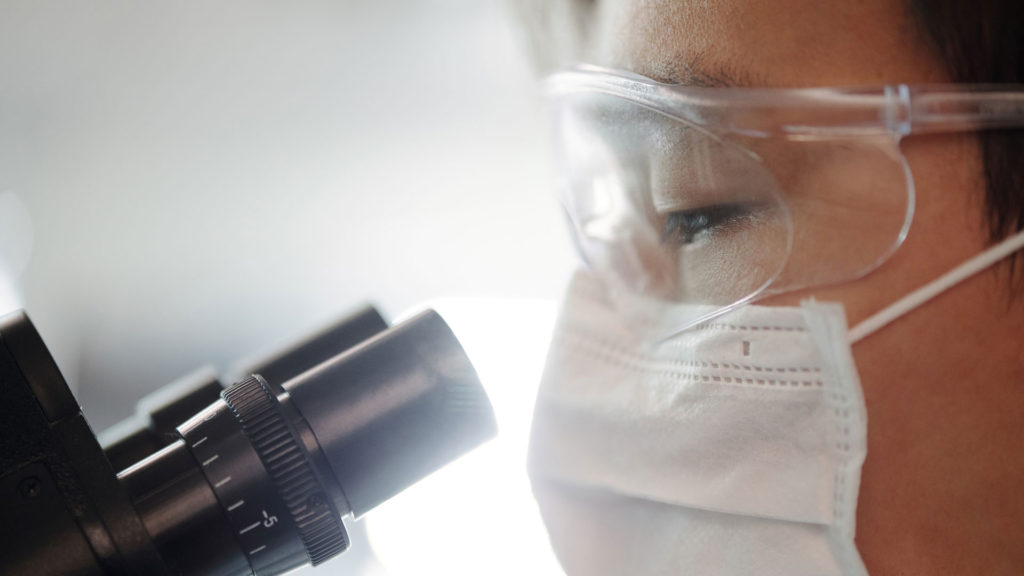You have probably heard a lot about rapid antigen testing lately. Many schools and offices are using rapid COVID 19 testing kits to check the virus’s local transmission.
Fast COVID-19 testing is only going to get more familiar. This week, the Food and Drug Administration (FDA) even approved the rapid COVID-19 testings at home.
However, there are also many confusions around the rapid test kits. Exactly how accurate is this kit? If you test negative in this test, does that mean you are COVID free?
To get the answers to these questions, we will look at the rapid testing from the medical perspective in this article.
What is the Rapid COVID-19 Test?
Rapid COVID-19 test is a type of diagnostic test. Viral antigens, which are compounds that tell the body to produce an immune response to an infection, are typically determined by quick checks.
The antigens are not the same as the antibodies formed by your immune system in response to antigen signals. A COVID rapid antigen test can be performed by professional staff in many environments. Usually, there is no need for a doctor’s order.
The PCR test, which identifies viral genetic material molecules, is another diagnostic test (RNA). It is performed in an approved laboratory. The molecular test is the usual COVID diagnostic test. Still, to get the results, you may have to wait several days or more.
Rapid antigen and rapid molecular tests are so-called “point-of-care” tests where samples are returned, usually within 15 minutes, from when the sample is collected.
Benefits of Rapid Testing
The first benefit is that they are rapid. Second, this test doesn’t require any sophisticated medical facility or laboratory to perform. Thirdly, they don’t need any chemical reagents, which are not very available at the moment. The most beneficial fact is that it is much cheaper and comfortable.
Also, rapid testing decentralizes testing in places where conventional PCR tests are rare, making them more readily available.
Downsides of Rapid Testing
It could be more likely that rapid antigen tests may result in a false negative, or false positive. Antigen analyses are less sensitive when they search for antigen proteins on the virus’s surface instead of traces of the RNA of the virus.
In terms of specificity, testing for antigens will never be equal to PCR tests. You may get a false positive if you run an antigen test or get a false negative.
Be Cautious
As rapid testing is not going to stop the spread of COVID-19, it will be prudent to change holiday plans accordingly, such as going on a walk with an extended family or relaxing around a fire or outdoor heater after dinner without maintaining the protocols.
If you want to continue doing the outdoor exercise, try to do some social distancing, try to get individuals wearing face masks where necessary. It is not advisable to eat indoors at a dinner table until anyone present is part of Quarantine Pod.
Rapid COVID-19 testing may be useful in some situations for the time being and lead to check the pandemic. One way to validate it is to see if you have two negative tests 24 hours later if you have had COVID and want to know if you are no longer infectious.



